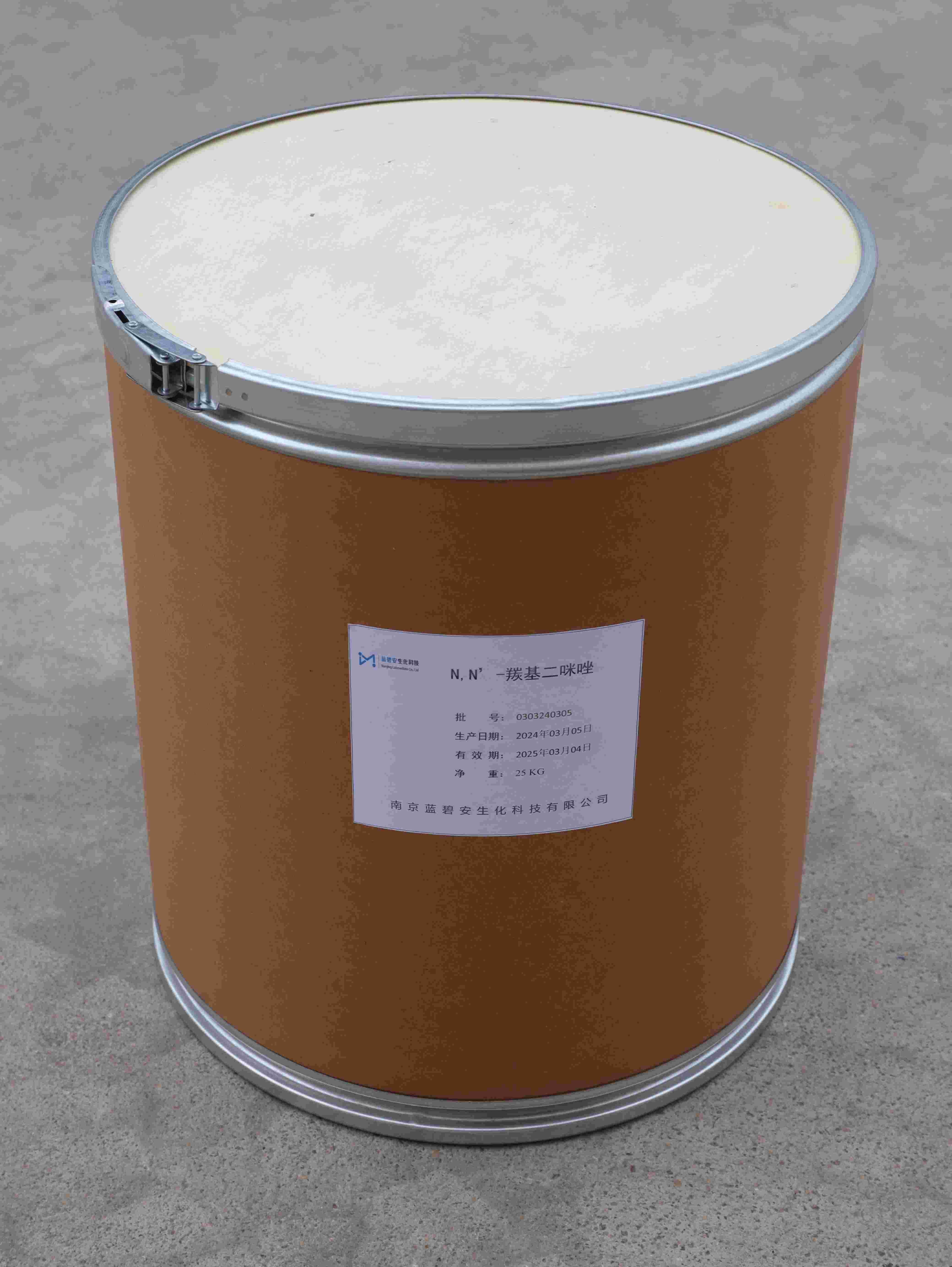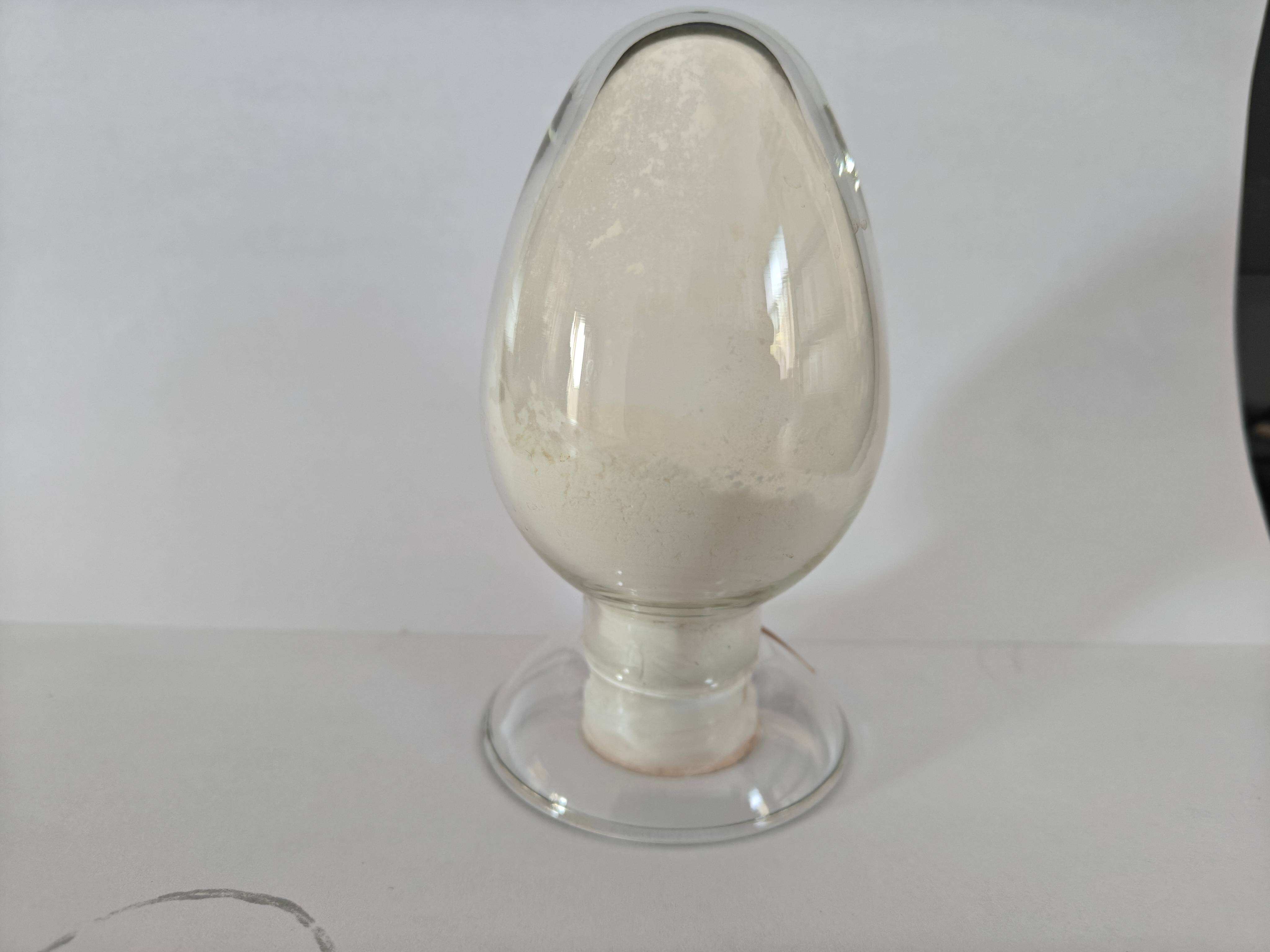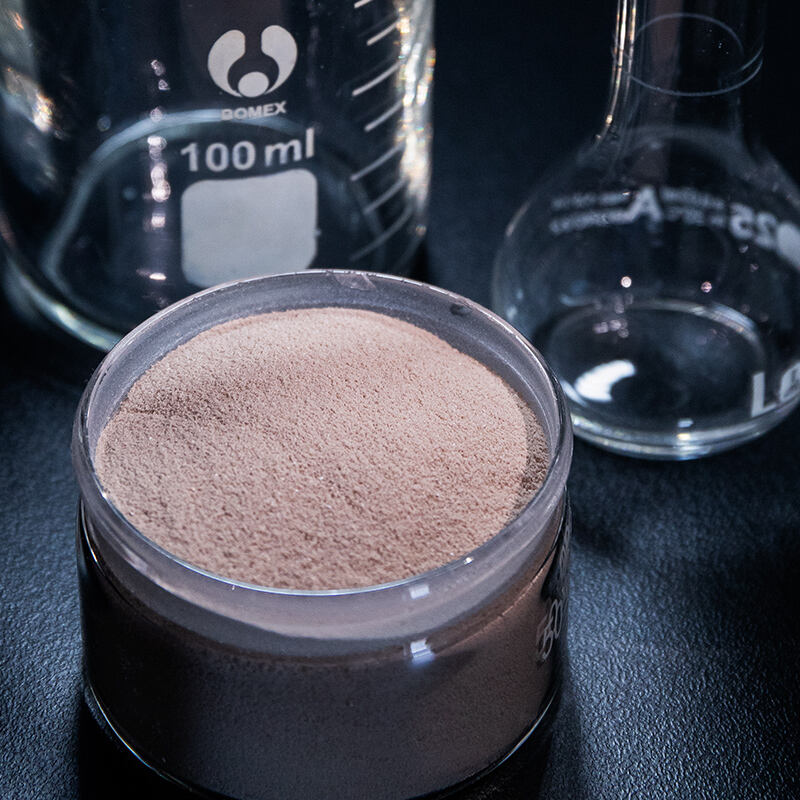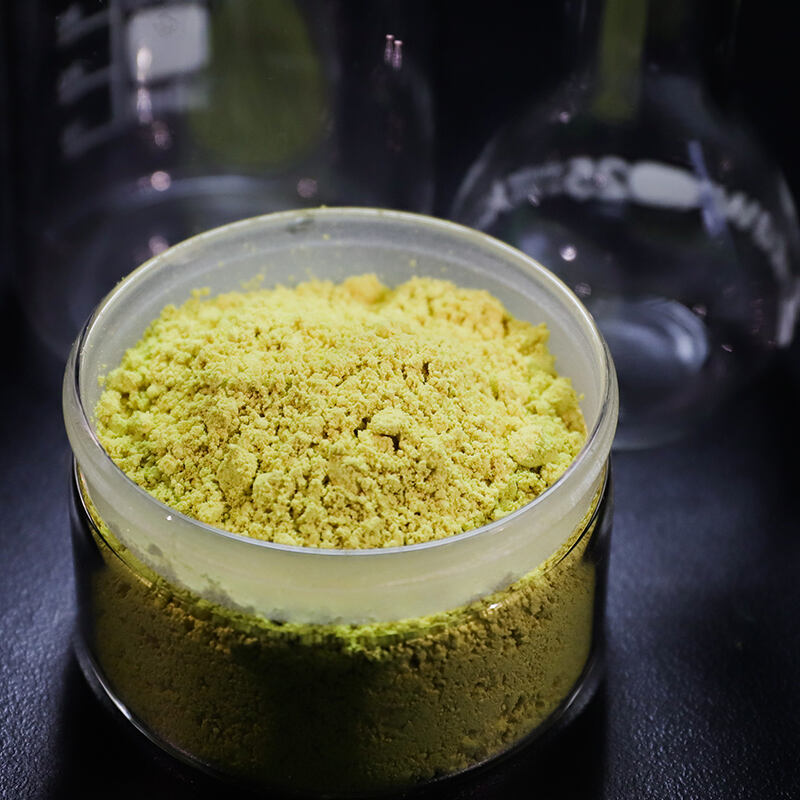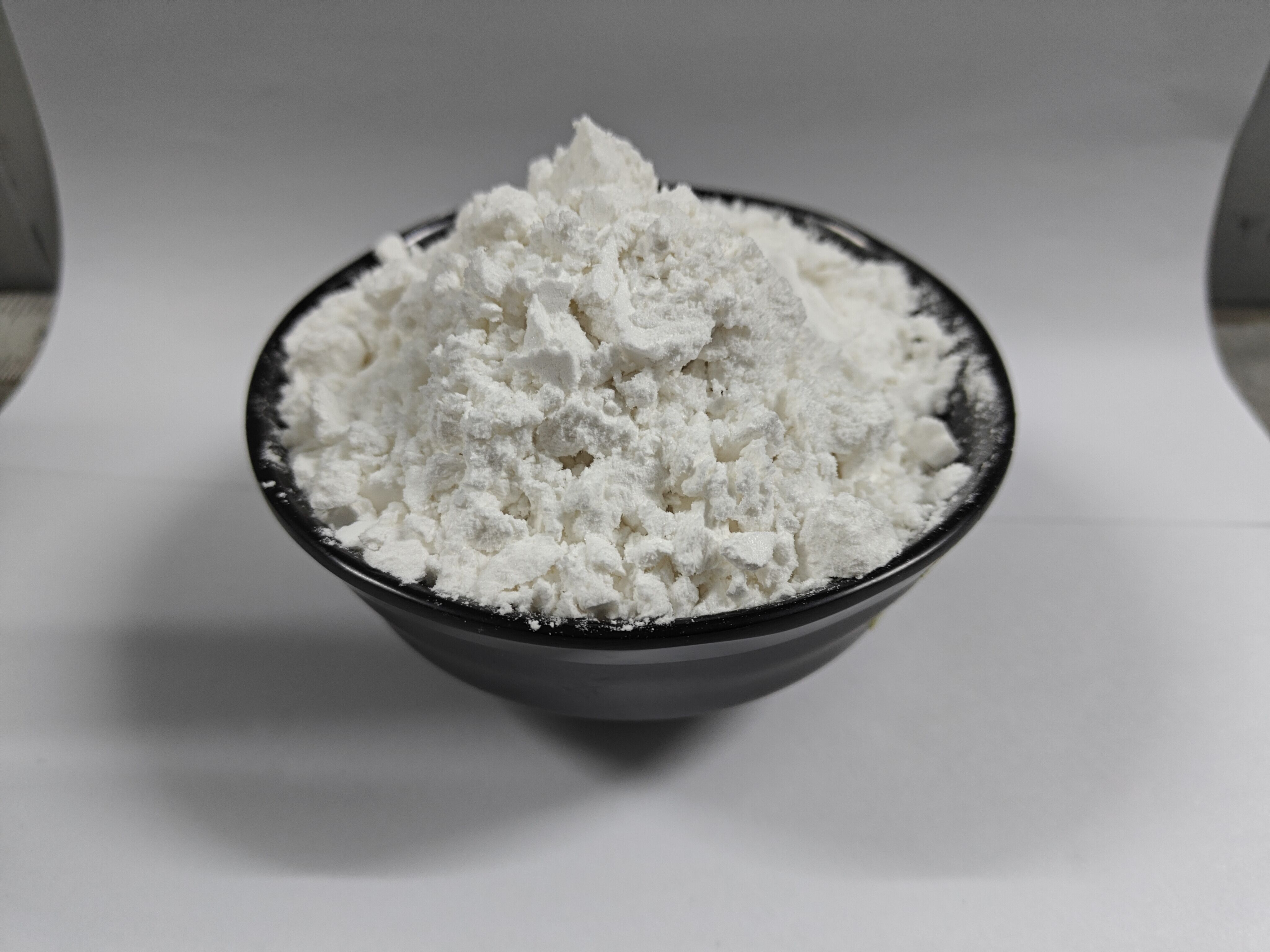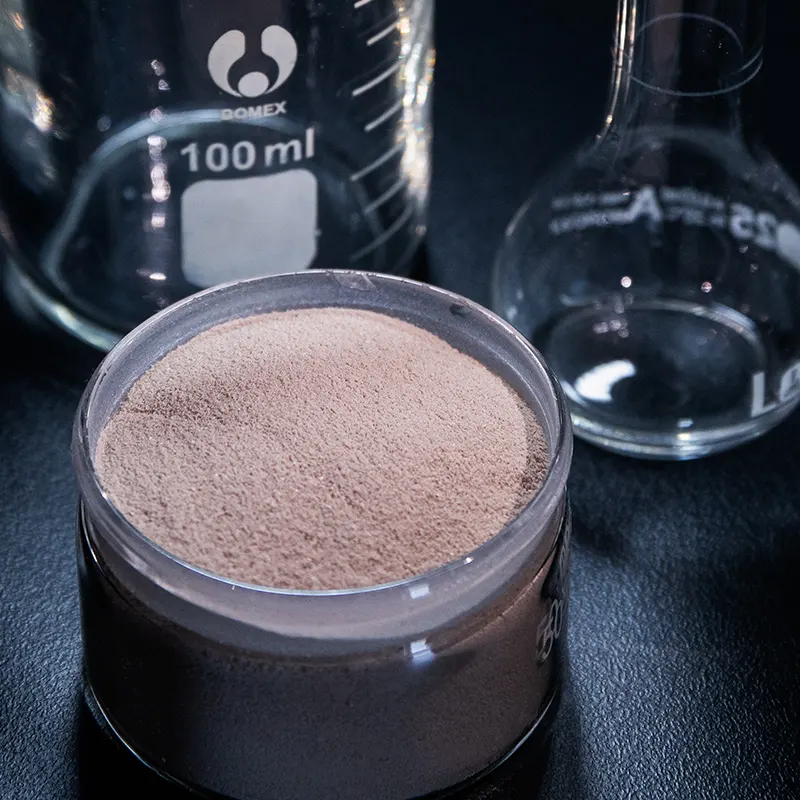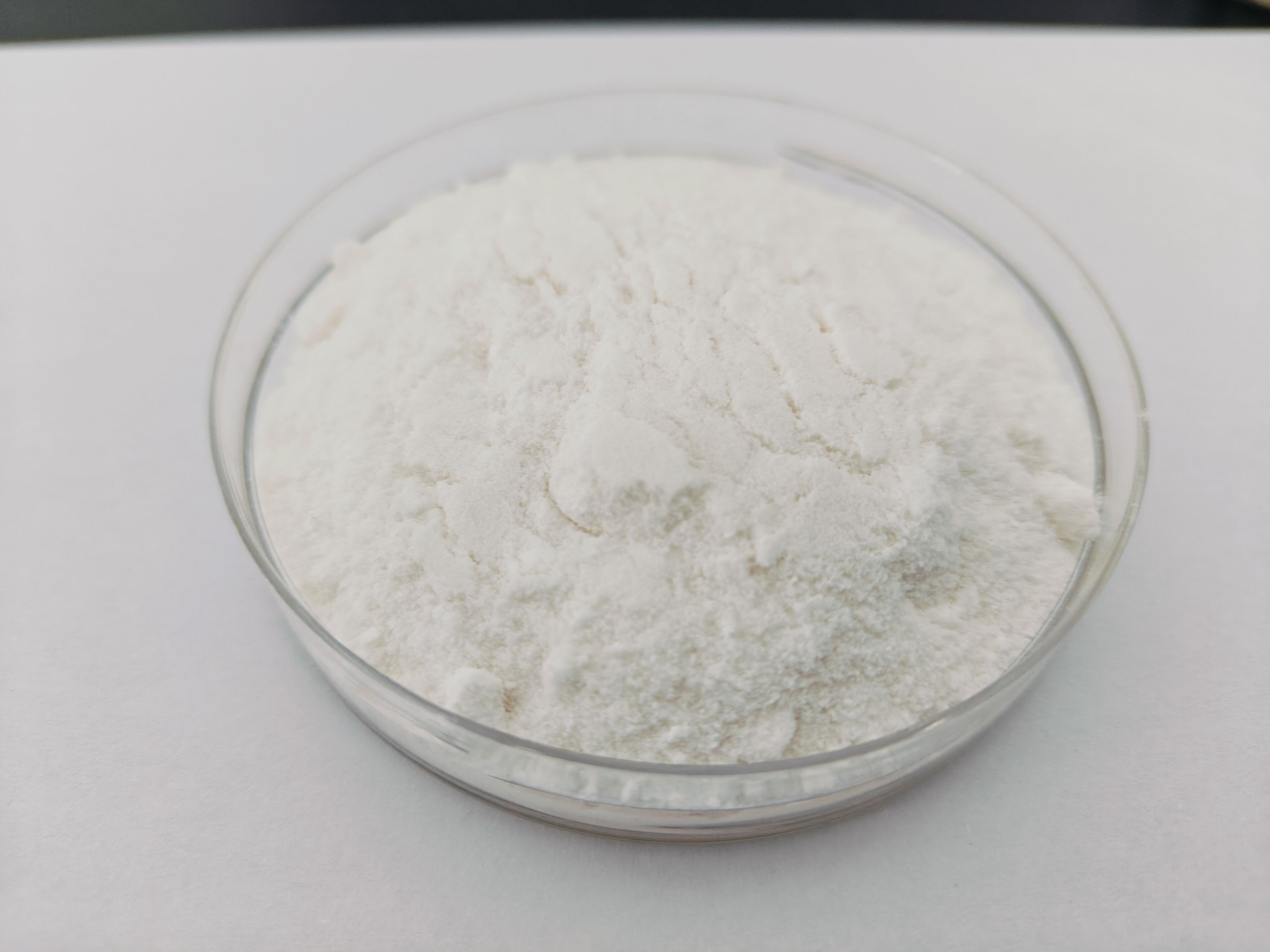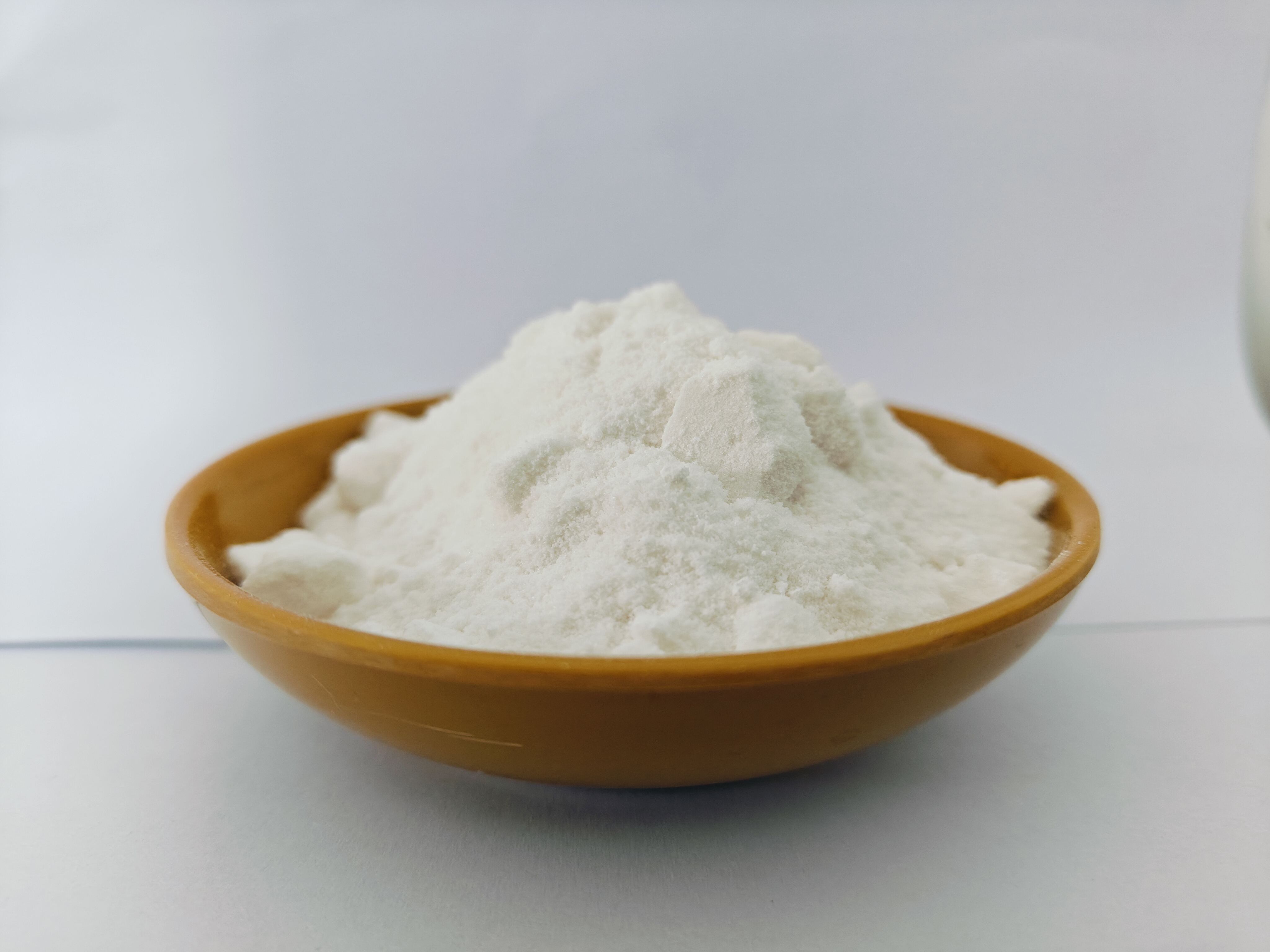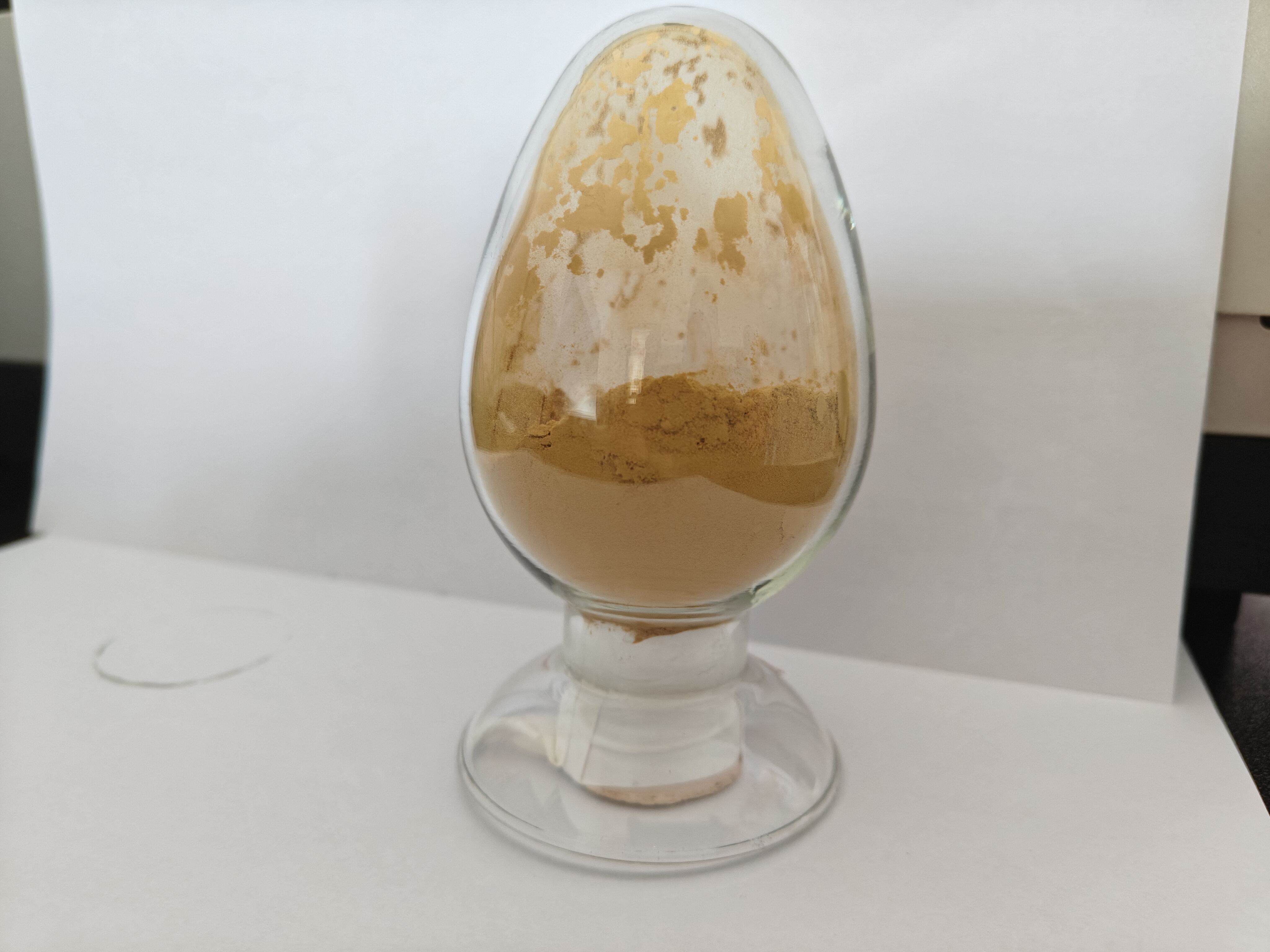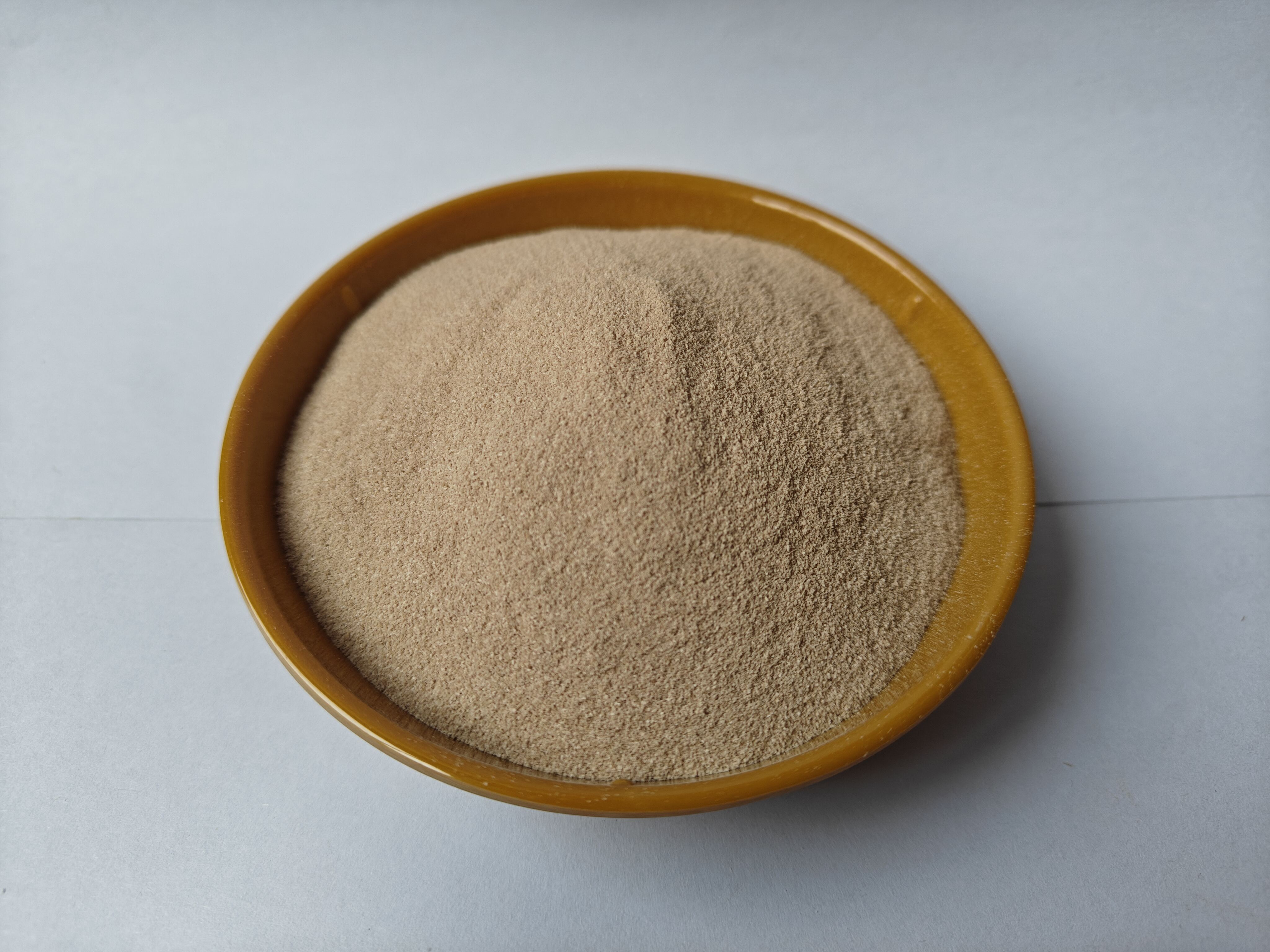catalystae ex organophosphinis
Catalystae organophosphini basati repraesentant genus importans compositarum in syntheses chemicas modernas, quae per versatilem naturam et altam selectivitatem notantur. Hi catalystae continent moleculas organicas cum phosphoro, quae ut ligandae funguntur, coordinantes cum centris metallicis ad systemata catalytica potens creanda. Functiones principales earum includunt facilitationem reactionum trans-coupling, processuum hydroformylationis, et synthesis asymmetricam. Technologicae proprietates harum catalystarum comprehendunt facultatem operari sub conditionibus mitibus, alta economia atomorum, et spectabilis stereoselectivitas. In applicationibus industrialibus, catalystae organophosphini partes vitales habent in productione pharmaceutica, synthesis chimicarum finiarum, et fabricando polymerorum. Structura molecular eorum potest exquisite regi ad optimam performance catalyticam praebendam, eos aptos reddentes ad varias condiciones reactionum. Catalystae stabilitatem exceptionalem ostendunt et possunt modificari ad solubilitatem suam in variis mediis auge ndam. Recentia progressus ad developmentum catalystarum organophosphinorum supportatorum duxerunt, quod separationem producti facilem et recyclectionem catalystis facit, ita meliores oeconomicas processuum et sustinabilitatem promovendo.

